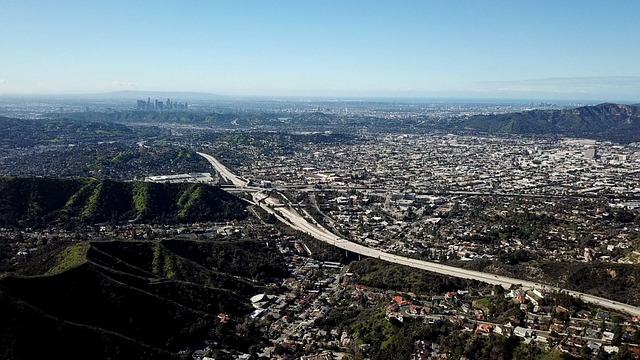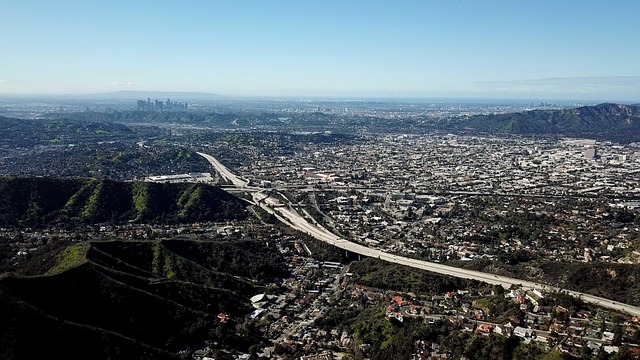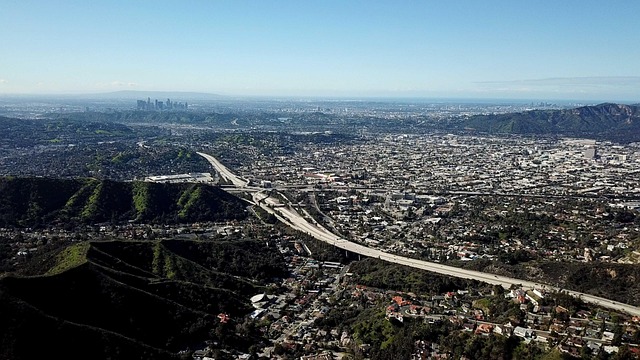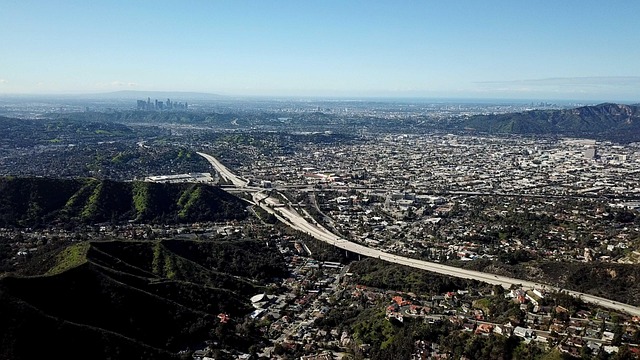Strategic real estate development is pivotal for creating thriving sports and entertainment hubs, offering mixed-use venues, efficient transportation, and year-round events. The rise in demand for such spaces, especially in urban areas, fuels investment in multifunctional centers catering to diverse communities. Exceptional accessibility through public transport enhances the local community's engagement, driving real estate demand. This integration of entertainment and residential zones fosters a dynamic environment attracting locals and visitors, making these hubs global destinations.
In today’s competitive global landscape, the development of vibrant sports and entertainment hub regions is more crucial than ever. These dynamic areas not only foster community engagement but also drive economic growth and tourism. This article delves into the key factors that contribute to success, exploring real estate development strategies such as mixed-use spaces, infrastructure upgrades, and innovative design. We’ll study successful global models like Singapore’s Marina Bay and London’s Olympic Park, providing insights for developers and urban planners while emphasizing the potential of real estate in creating iconic destinations.
Identifying Key Factors for a Successful Sports and Entertainment Hub Region

To establish a thriving sports and entertainment hub region, several key factors must be considered holistically. One of the foundational elements is real estate development; strategic planning and investment in land are paramount. The region should offer a mix of venues, from state-of-the-art arenas and stadiums to cultural centers and residential complexes, all within close proximity to create a vibrant urban environment. Accessibility plays a crucial role; well-designed transportation infrastructure, including efficient public transit systems, will attract both locals and visitors alike.
Moreover, the integration of entertainment venues with local businesses is essential for economic sustainability. This includes fostering partnerships between sports organizations, restaurants, hotels, and retail outlets to create a symbiotic ecosystem. A diverse range of sporting events and cultural performances, coupled with a robust digital marketing strategy to promote these attractions, will ensure year-round engagement. Additionally, leveraging technology to enhance the visitor experience, such as implementing interactive tourism apps or utilizing advanced analytics for event management, can set this hub region apart in the global market.
– Understanding the demand for sports and entertainment facilities

In today’s competitive market, the demand for well-equipped sports and entertainment hubs is skyrocketing, especially in dense urban areas where real estate is a premium. These facilities serve as vibrant centers that cater to diverse communities, fostering a sense of belonging and healthy competition. With an increasing focus on active lifestyles and community engagement, both professional and amateur sporting events have gained immense popularity, driving the need for state-of-the-art arenas and stadiums.
Real estate developers recognize this growing demand and are actively investing in constructing multifunctional spaces that can accommodate various activities, from concerts and theater productions to sports tournaments and exhibitions. These hubs not only contribute to the economic growth of a region but also enhance its overall appeal, attracting both residents and tourists alike. The integration of entertainment venues into urban landscapes is a strategic move to create dynamic, livable spaces where people can gather, connect, and enjoy a wide array of leisure activities.
– Access to public transport and proximity to residential areas

A thriving sports and entertainment hub region thrives on accessibility, both for its residents and visitors. Easy access to public transport links ensures that fans can reach venues swiftly, enhancing the overall experience. Proximity to residential areas allows for a vibrant local community, where folks can easily attend events after work or school, fostering a sense of belonging and engagement. In terms of real estate, this accessibility translates into higher demand for properties in such regions, with buyers and renters valuing the convenience of having entertainment and sports facilities within reach.
The integration of well-connected transportation networks and residential zones creates a dynamic environment, attracting not only locals but also visitors from surrounding areas. This accessibility is a key factor in the development of successful sports and entertainment hubs, where the buzz and energy are palpable, day and night.






